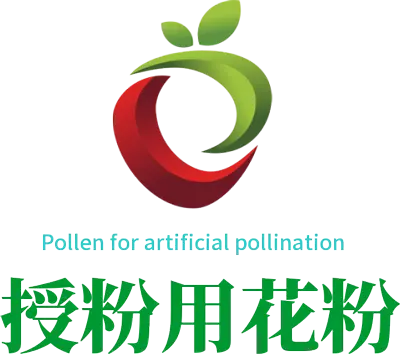Aug . 09, 2024 03:05 Back to list
Enhancing Fruit Quality Through High-Quality Apple Pollen Grain Utilization and Optimization Techniques
The Importance of High-Quality Apple Pollen Grains
Pollen grains play a crucial role in the reproduction of flowering plants, and this is especially true for apple trees (Malus domestica). High-quality apple pollen grains are essential for effective pollination, which directly impacts the health, yield, and quality of apple fruits. This article explores the significance of these pollen grains, factors influencing their quality, and the broader implications for apple cultivation.
The Role of Pollen in Apple Trees
Apple trees are dependent on cross-pollination for successful fruit development. While some apple varieties are self-pollinating to a degree, the production of high-quality apples is greatly enhanced through the transfer of pollen from the flowers of one variety to another. Pollinators, primarily bees, play a key role in this process. They transfer pollen while foraging for nectar, effectively aiding in fertilization. The quality of pollen grains can influence this process, as vigorous, viable pollen is more likely to successfully fertilize the ovules in apple flowers.
Characteristics of High-Quality Pollen Grains
High-quality apple pollen grains are characterized by several key features. First, they must be viable, meaning they can germinate and successfully fertilize the ovule. Viability is affected by various factors such as genetic quality, environmental conditions, and the age of the pollen. Secondly, high-quality pollen grains typically have a robust structure, allowing them to maintain integrity during the pollination process. Additionally, the quantity of pollen produced by a given flower affects overall fruit set. Trees that produce larger amounts of viable, high-quality pollen are more likely to experience successful cross-pollination.
Factors Affecting Pollen Quality
Several environmental factors can impact the quality of apple pollen grains. Temperature and humidity play significant roles in pollen viability; excessive moisture can lead to pollen clumping, reducing its effectiveness, while extremely dry conditions can dehydrate pollen grains, rendering them useless. Additionally, nutrient availability influences pollen production. Apple trees that receive proper care, including adequate fertilization and pest control, tend to produce higher quality pollen.
high quality apple pollen grain

Moreover, the timing of tree flowering is critical for ensuring that different apple varieties bloom simultaneously
. This synchronization increases the chances of effective cross-pollination, as bees can transfer pollen between compatible varieties more readily.Implications for Apple Cultivation
The significance of high-quality apple pollen grains extends beyond individual tree health; it has agricultural implications as well. Growers who understand the importance of pollen viability can make informed decisions about the varieties they plant. Planting diverse apple varieties that bloom at the same time can lead to greater fruit yield and quality.
Furthermore, management practices that promote beneficial insect populations, particularly bees, can enhance pollination success. This includes creating pollinator-friendly habitats around orchards and minimizing pesticide use during flowering.
Lastly, research into the properties of high-quality pollen and the conditions that enhance its viability is crucial. Advancements in this field can lead to improved cultivation strategies, ensuring the sustainability and productivity of apple orchards.
Conclusion
High-quality apple pollen grains are vital for the successful fruit production of apple trees. Recognizing the factors that contribute to pollen viability can greatly improve pollination success, fruit yield, and overall fruit quality. By adopting better management practices and fostering a supportive environment for pollinators, growers can ensure robust apple harvests, contributing to the health of ecosystems and economies alike. As our understanding of plant reproduction deepens, the knowledge about apple pollen grains will become ever more essential in apple cultivation practices.
-
High-Quality Oak Pollen for Allergy Research & Testing – Reliable Oak Tree & Live Oak Pollen Supplier
NewsJul.08,2025
-
Premium Pear Pollen for Pollination in Orchards in Taiwan – Reliable Factories, Manufacturers & Suppliers
NewsJul.08,2025
-
Premium Pollen Producer & Apricot Pollen Suppliers High-Quality Apricot Pollen Factories
NewsJul.07,2025
-
Premium Juniper Tree Pollen for Fruit Tree Varieties – Quality Assured by Leading Plum Pollen Manufacturers
NewsJul.07,2025
-
High Quality Elm Pollen Supplier - Fresh Elm Tree & Apricot Flower Pollen for Sale
NewsJul.07,2025
-
Premium Cherry Pollen for Sale – Fresh Cherry & Avocado Tree Pollen Supplier
NewsJul.06,2025